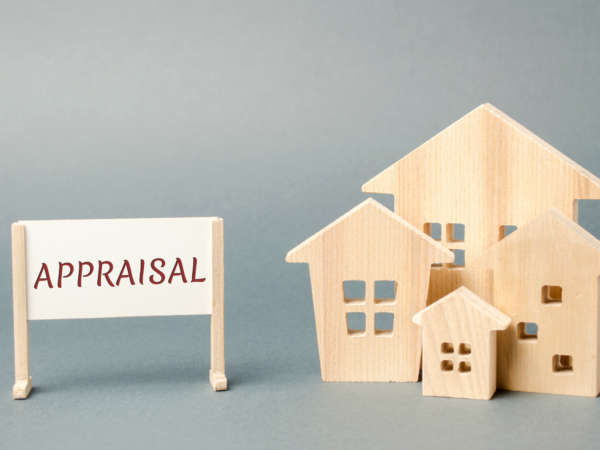… wait just a minute.
So, after the tears of joy and high-fives that follow ‘winning’ a bidding war (congrats, by the way), the dust settles, we all land back into the land of reality. Likely, as has been the norm over the past couple of years, you’ll have paid far above the asking price. It’s a silly game but it’s the predictable result of macro-economic factors, not least of which is a historically low cost of borrowing combined with a paucity of supply.
If you’ve done things properly, you’ll know what your financial limits were before going into the bidding process, and you will have stayed within your pre-approved limit. My advice: work with your bank or mortgage broker well ahead of when you decide to dive into the market. Make sure to factor in all the costs of ownership so you get a comprehensive sense of what your ongoing monthly costs will be (i.e. utilities, condo fees if applicable, property taxes, repairs, insurance and how much gas you’ll go through commuting to/from your new location).
If you’re working with a (good, professional) Realtor, they may encourage you to be aggressive but responsibly so (i.e., to not over-extend yourself). As I say to my clients: Know your limit and stay within it; bid as much as you can (within your limits) so much so that if you lost by $1.00, you couldn’t be upset. Therefore, mean it when you say you’re submitting your best and final offer.
OK, so let’s just pretend that you’ve actually done all that and still won the property in question. You can now breathe a sigh of relief, right?
Well, not quite. Not just yet, anyway.
The House Never Loses
 Now the issue becomes one of your bank (or other type of financial institution) assessing their exposure to risk in lending you the full extent of funds required to purchase the property, as you have signed yourself on to do by means of a legally binding contract. Remember, the house never loses. In other words, while you may have qualified to spend as much as you did, your bank may not be supportive of forwarding you all the mortgage funds required for that particular property in question. To satisfy their own curiosities and risk-averse agenda, before you close on the deal, your bank will send out an appraiser to assess if the property you’ve signed up to buy is actually worth what you’ve said you’re going to pay for it.
Now the issue becomes one of your bank (or other type of financial institution) assessing their exposure to risk in lending you the full extent of funds required to purchase the property, as you have signed yourself on to do by means of a legally binding contract. Remember, the house never loses. In other words, while you may have qualified to spend as much as you did, your bank may not be supportive of forwarding you all the mortgage funds required for that particular property in question. To satisfy their own curiosities and risk-averse agenda, before you close on the deal, your bank will send out an appraiser to assess if the property you’ve signed up to buy is actually worth what you’ve said you’re going to pay for it.
If, in the eye of the (conservative) appraiser, it is (i.e. if you defaulted, could the bank sell it for reasonably as close to what you paid in order to recoup their loss), then great! Your mortgage funding is now secured. If not, there’s a problem. A BIG problem.
Now What?
In the event the appraisal does not support the purchase price, you’re likely going to have to come up with the difference (there are other solutions but they’re more complex… and expensive but for the sake of this blog, let’s gloss over them). That means you’re on the hook to provide more of your own money in the form of a bigger down payment. As if you needed to hear another reason why cash is king. Time to tighten your belt and save; remember, a dollar saved is a dollar earned.
The more things change, the more they stay the same.
All the more reason to know your true limit and stay within it. Don’t be the type to max out everything to buy a $1.5M property, only then to realize you can’t afford the Land Transfer Tax or legal fees. Or movers. Or a hotel for the night if your deal doesn’t close… because you didn’t have enough cash to cover everything.
Like I said:
- Be responsible: Know your limit and stay within it.
- Lower your expectations and live below your means.
- Cash is king and can solve most problems. Keep as much as you can in reserve. It’ll provide considerable peace of mind (i.e. no ‘dream’ property is worth the stress of trying to afford it).


